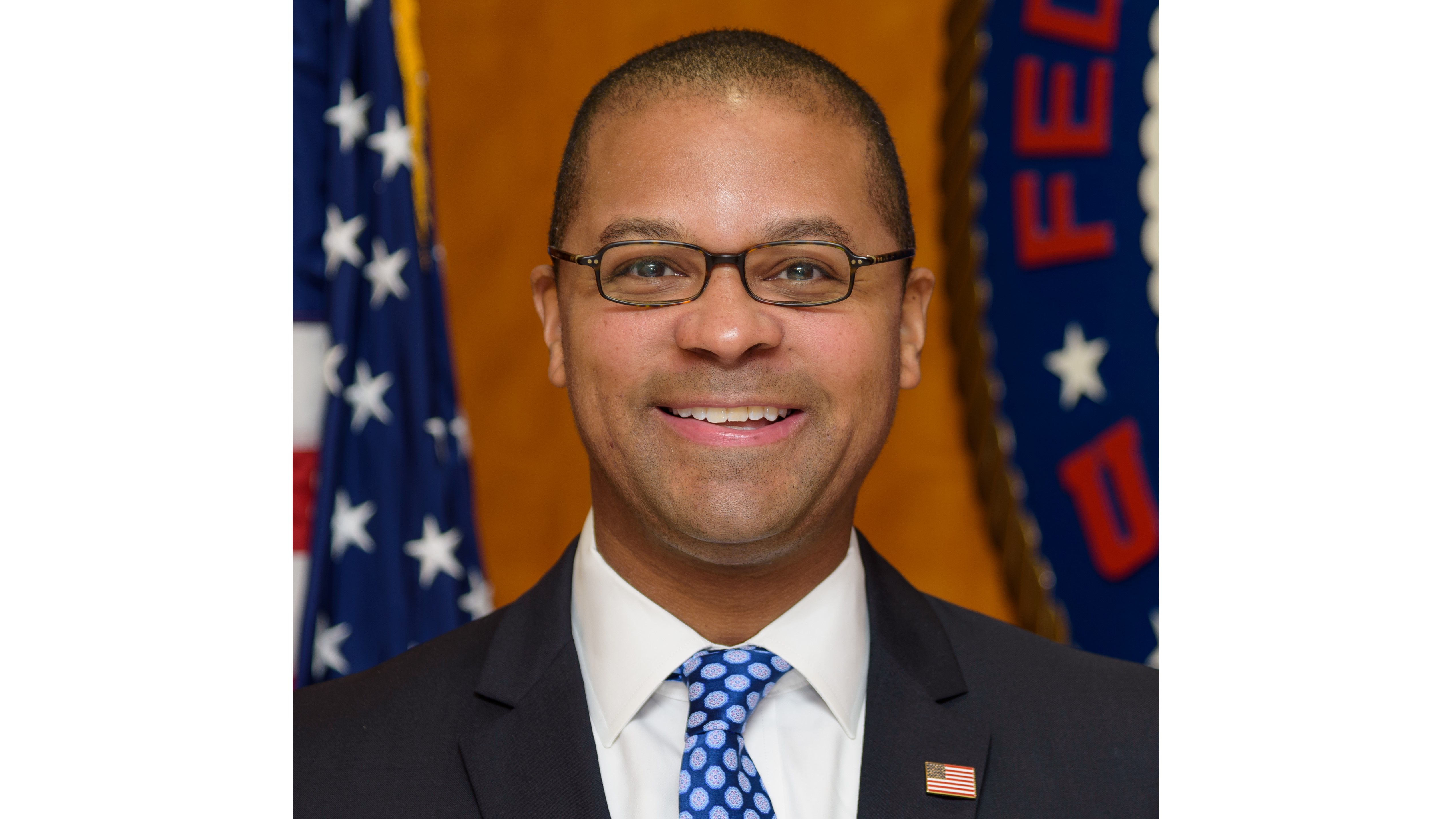FCC Commissioner Starks to Retire Soon
Once he leaves, the FCC can’t take official actions until the Senate confirms a new commissioner

WASHINGTON—Federal Communications Commissioner Geoffrey Starks said at the agency’s May 22 Open Meeting that it would be his last one as a member of the FCC.
Starks has previously announced his intention to resign from the FCC this spring but had not provided a specific date. His departure prior to the June Open Meeting, which has not yet been scheduled, puts more pressure on the U.S. Senate to confirm a new Commissioner.
President Donald Trump has nominated Olivia Trusty to serve on the agency. In late April the Senate Commerce Committee voted to confirm Trusty and send the nomination to the full Senate for a vote. Once the full Senate approves the nomination, she can join the FCC as the third Republican Commissioner.
FCC Chair Brendan Carr previously issued a statement praising Starks public service when Starks first announced his retirement in March.
After Starks announced on May 22 that the May Open Meeting would be his last at the FCC, Gomez issued a statement saying, “I want to thank Commissioner Starks for his many years of public service. In addition to his time as a Commissioner, he served in leadership in the FCC’s Enforcement Bureau as well as the Department of Justice.”
“While he left his mark on many important proceedings, his commitment to public service and leadership on affordable connectivity and national security efforts made a significant impact on the FCC’s success,” she continued. “Equally as important to me, he has been a supportive friend and colleague, and I wish him great success in his next chapter.”
The professional video industry's #1 source for news, trends and product and tech information. Sign up below.
George Winslow is the senior content producer for TV Tech. He has written about the television, media and technology industries for nearly 30 years for such publications as Broadcasting & Cable, Multichannel News and TV Tech. Over the years, he has edited a number of magazines, including Multichannel News International and World Screen, and moderated panels at such major industry events as NAB and MIP TV. He has published two books and dozens of encyclopedia articles on such subjects as the media, New York City history and economics.

